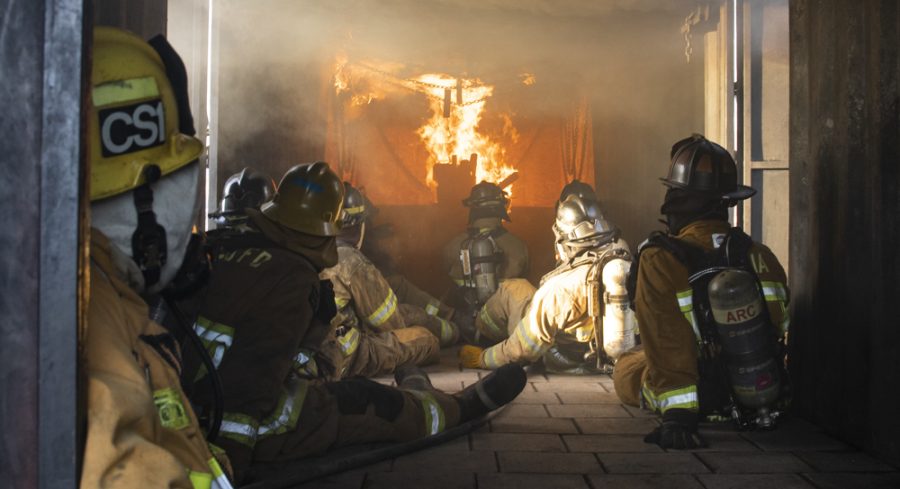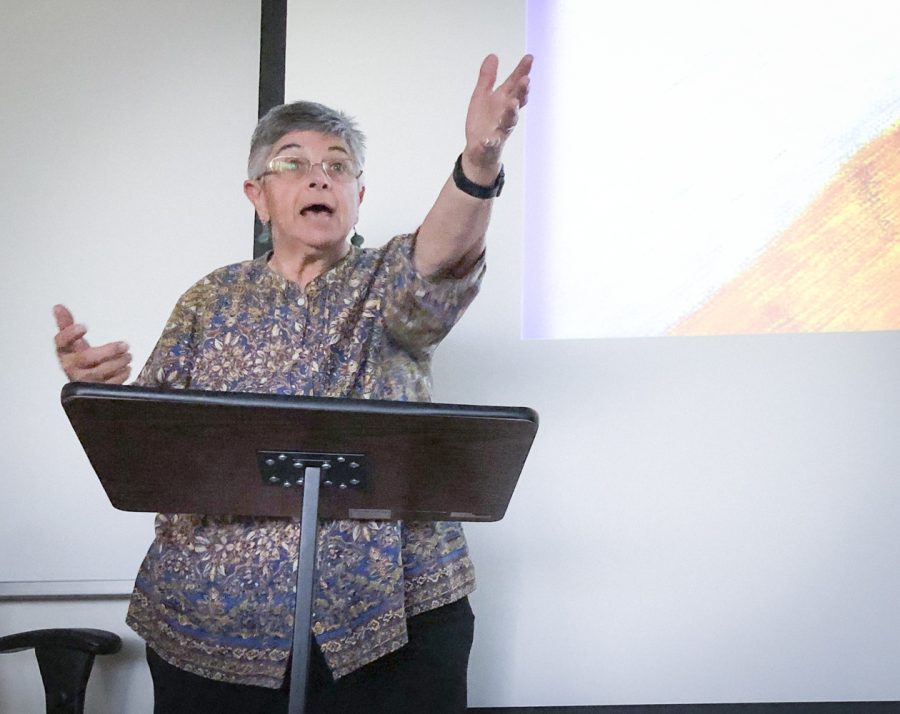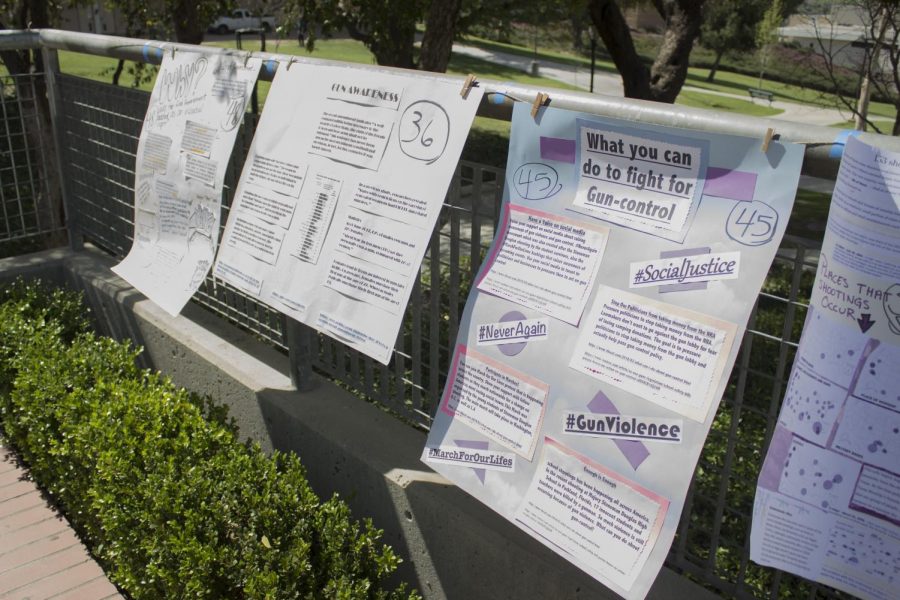The minimum drinking age law in the United States continues to remain a topic that is constantly ignored and left untouched, in spite of the fact that it is discriminatory and its objective has proven to be ineffective.
If the government deems an 18-year-old an adult mature enough to get married, vote for the president, buy a house, and sit on a jury and impose the death penalty upon another human being, it is hypocritical and discriminatory for the government to consider them a juvenile under alcohol consumption laws.
The National Minimum Drinking age Act of 1984 is not only unjust, but it has been counter-productive.
Although the legal drinking age is 21, most minors drink long before their 21st birthday and they do so irresponsibly in clandestine settings.
According to the Center for Disease Control about 90 percent of the alcohol consumed by youth under twenty one years of age is in the form of binge drinking.
However, binge drinking is not a problem due to the immaturity of drinkers under twenty one, but rather the lack of education that they receive.
Instead of educating teens, our society focuses its efforts on trying to stigmatize alcohol and preach intolerance. As a result, teenagers are inevitably tempted to try this forbidden fruit.
Our youth should be learning about alcohol in controlled settings. Instead they are learning how to drink from their peers at unsupervised house parties or fraternities.
Parents and teachers should redirect their efforts at teaching children to drink in moderation and discourage binge drinking rather than continuing to unsuccessfully preach intolerance and treat alcohol as if it is taboo.
We need to try to demystify alcohol, stop glorifying it, and stop treating it as if it is some sort of symbol of adulthood. Children should be introduced to alcohol in controlled settings under the supervision of their parents and taught healthy drinking habits.
Several years ago a team of North Carolina researchers, led by public-health professor Kristie Long Foley found that kids who drank with their parents were about half as likely to say they had drunk alcohol in the past month and one-third as likely to say they had had five or more consecutive drinks in the previous two weeks. The study, published in the Journal of Adolescent Health concluded that “drinking with parents appears to have a protective effect on general drinking trends.”
The rise in binge drinking has nothing to do with the maturity or immaturity of an 18-year-old, but has everything to do with the failure of our “just say no” approach to educating our teens.





